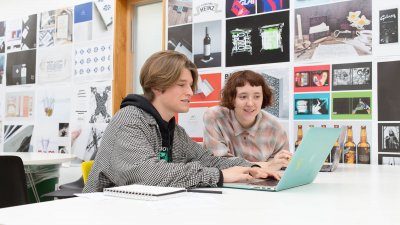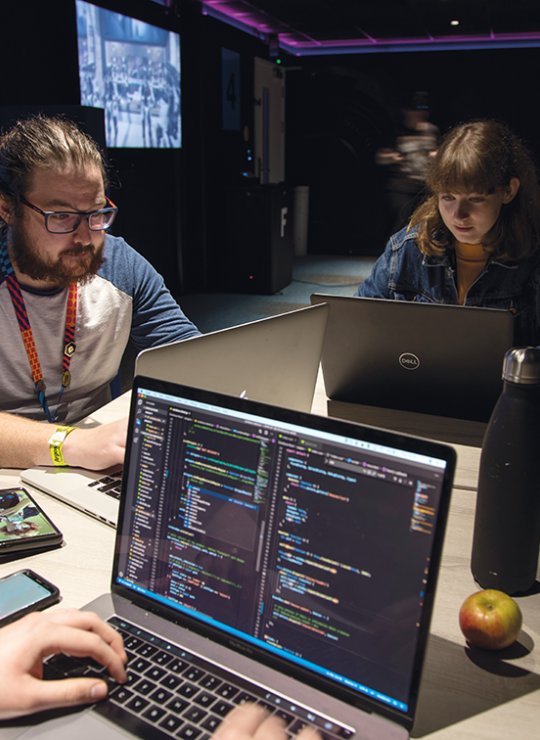
Web Development BSc(Hons)
This course is no longer available.
To join our computing and games community, explore our available courses below.
Similar courses
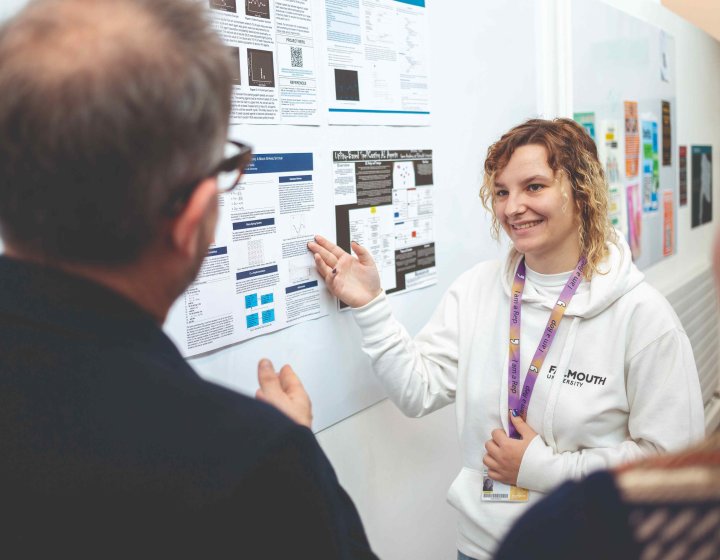
Computer Science BSc(Hons)
New immersive realities, data-rich interactions, automations and ever-more ubiquitous systems are sh...
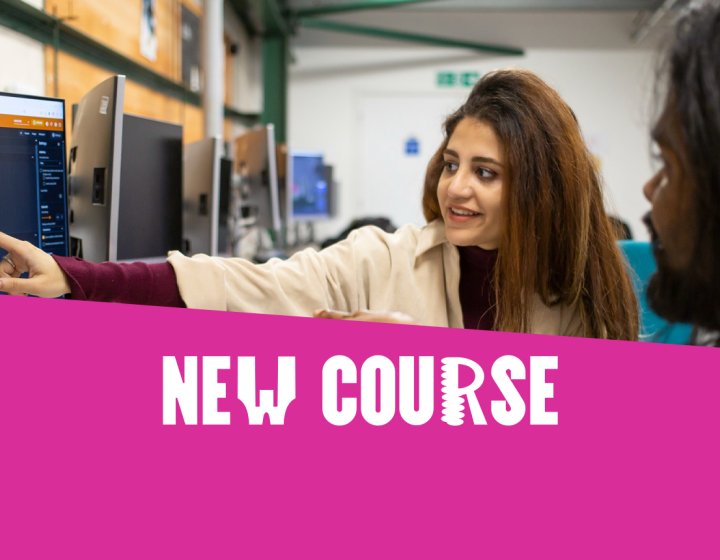
Artificial Intelligence BSc(Hons)
Artificial intelligence is transforming every corner of our world: from cars that drive themselves t...

Software Engineering BSc(Hons)
Use your talents for creative problem solving and lateral thinking to excel on this BSc Software Eng...
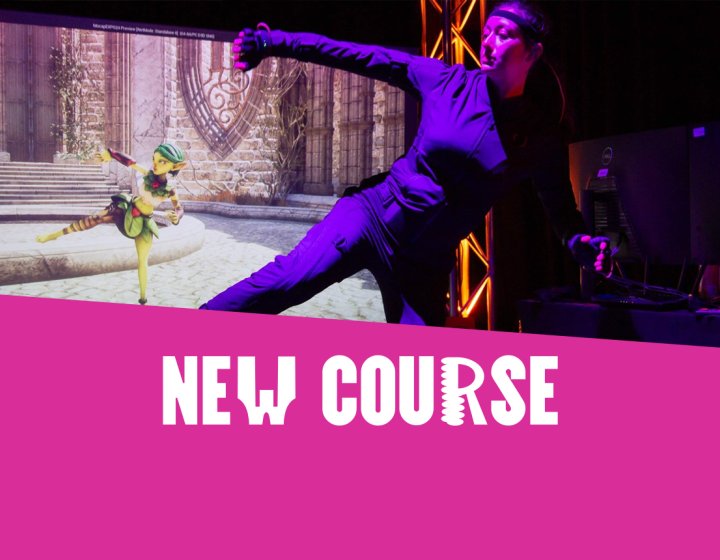
Creative Computing BSc(Hons)/BA(Hons)
Work across creative disciplines to explore creative coding, interactive systems, digital storytelli...
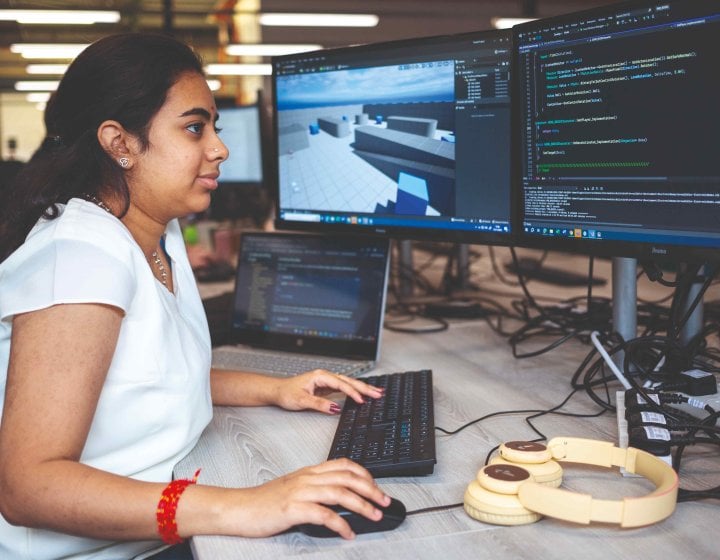
Computing for Games BSc(Hons)
Learn how to shape the games of the future by studying game development through the lens of computer...
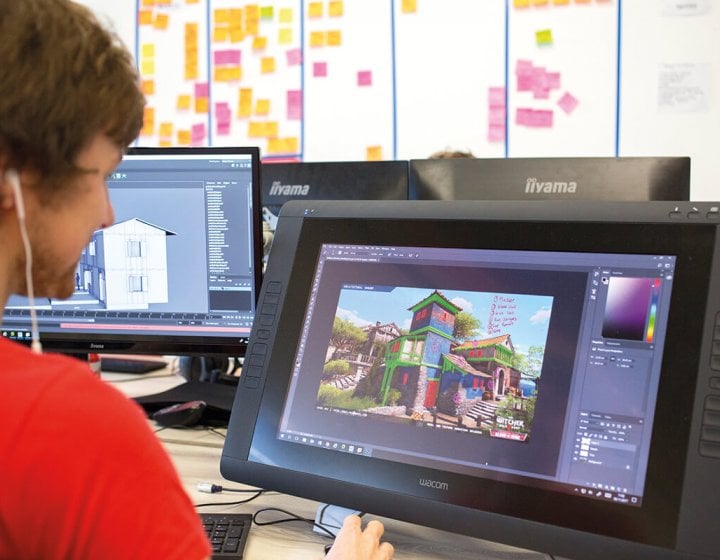
Game Development BA(Hons)
Join a community of people who have a passion for games. From day one, you’ll work as you would wi...
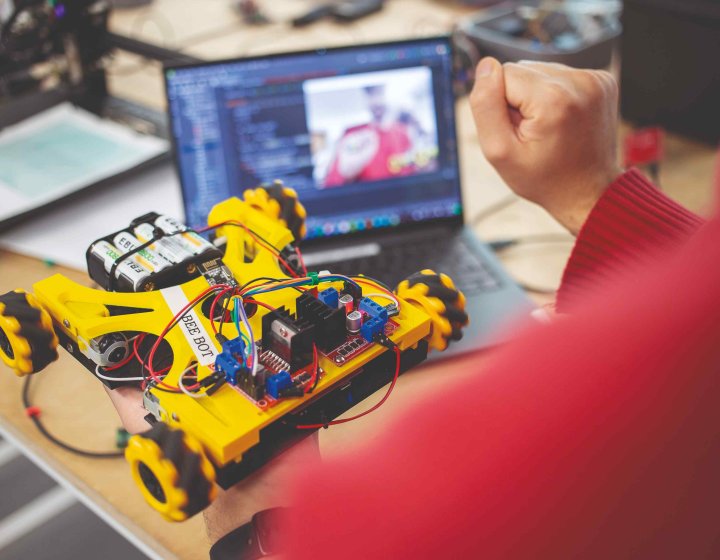
Robotics BSc(Hons)
Explore the world of artificial intelligence and create interactive robots that respond to the chall...
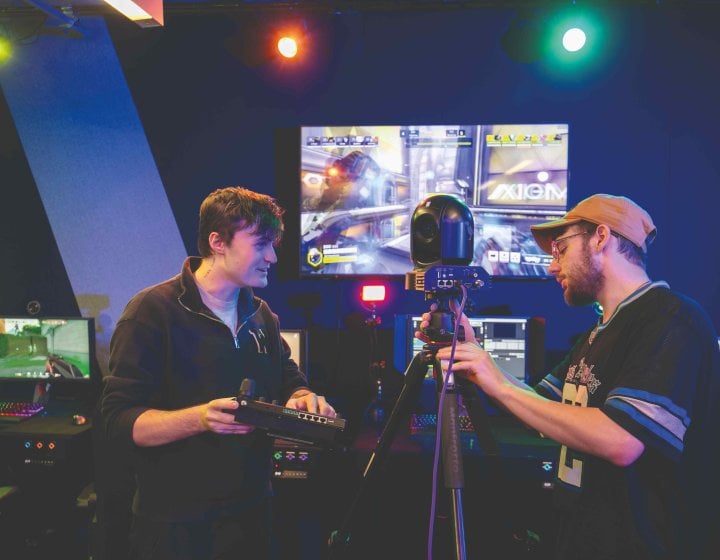
Esports & Livestreaming BA(Hons)
Immerse yourself in Esports culture on this degree, which offers a unique opportunity to be at the f...
